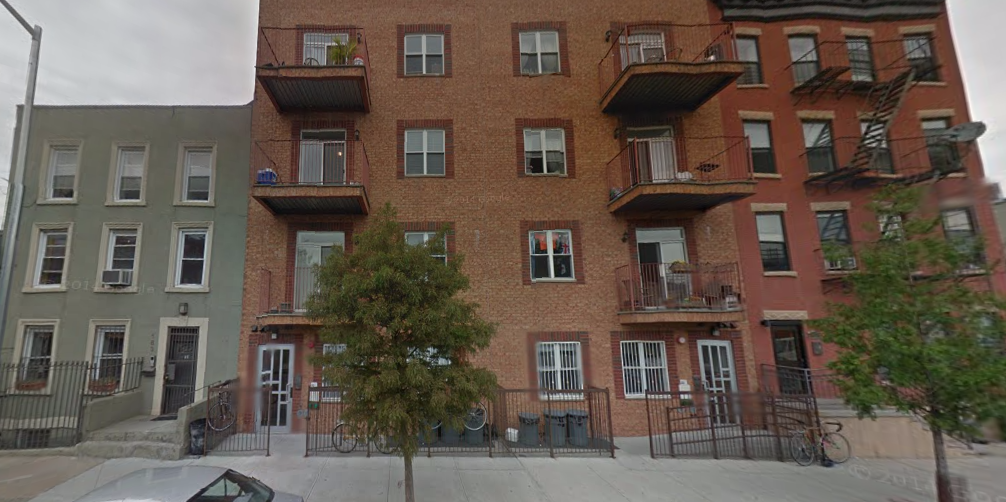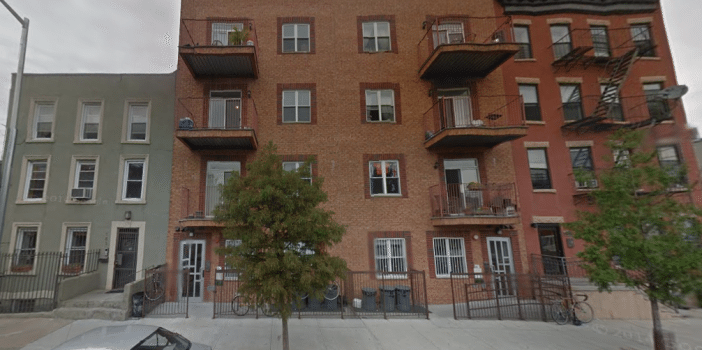Classon Avenue And Clifton Place Developers Agree To Rent-Stablize Buildings And Pay Fines


The owner of 134 apartments and 10 buildings in Bed-Stuy and Williamsburg has agreed to pay $103,500 in restitution and place all of its apartments under rent stabilization, after an investigation by the state Attorney General determined he had been getting all the benefits of a real estate tax break without actually giving rent-stabilized rents to tenants, officials announced in a press release.
Two of those buildings are in our area, near the Clinton Hill border: 367 Classon Avenue and 185-187 Clifton Place will be registered as rent stabilized for the first time. Property owner Aron Kapelyus also agreed to pay the restitution and penalties to the city’s Affordable Housing-AG Settlement Fund.
The change comes after a sweeping two-year Attorney General investigation that found at least 2,332 apartments in New York City should have been rent-stabilized because their landlords received the 421-a affordable housing tax credit, which requires buildings to register in the rent stabilization program or offer their tenants rent-stabilized leases.
In total, 128 landlords agreed to settle with investigators, bringing more than 1,800 units back into the city’s rent-regulated housing stock, according to Schneiderman. New York State created the 421-a tax abatement in 1971 in order to incentivize the construction of rent stabilized housing, which provides certain rights to tenants and protects them from sharp increases in rent.
“Landlords of rental buildings who accept these tax incentives must follow through on their end of the bargain and offer rent-regulated leases to their tenants. That’s a central benefit of the 421-a law,” Schneiderman said. “The return of these apartments to rent stabilization will not only bring economic stability to the families that occupy them, but also honor the spirit of the law as it was intended.”
The Attorney General also identified an additional 52 landlords who continue to deny their tenants rent-stabilized leases, despite receiving the 421-a tax credit. Those landlords could have their 421-a tax benefits revoked, and may face private litigation by tenants as well as additional legal action from state authorities.
Among those holding out against AG pressure are the owners of 375-377 Franklin Avenue (375 Franklin Avenue LLC), which has 10 apartments, and 194 Wallabout Street (Flushing Acquisitions Holdings, LLC) with four apartments.




